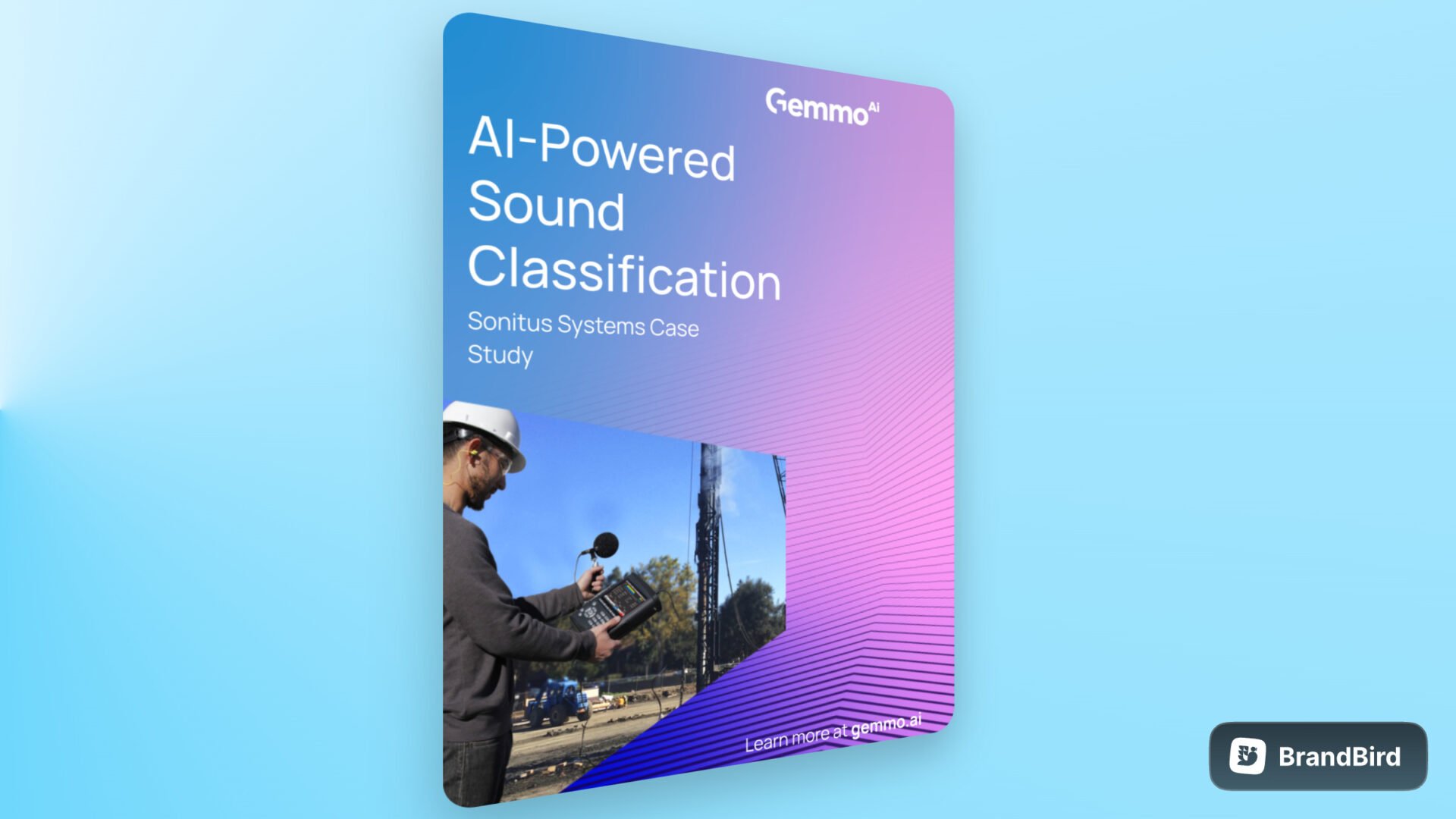AI in Psychology
Among the sciences, psychology, the scientific study of the mind and behaviour has historically been one of the hardest to investigate. Few fields tackle the complexity and nuances of the human experience in the face of ...

Among the sciences, psychology, the scientific study of the mind and behaviour has historically been one of the hardest to investigate. Few fields tackle the complexity and nuances of the human experience in the face of such high ethical concerns. The application of artificial intelligence applied to psychology is not as straightforward as AI interventions in business, manufacturing, or agriculture. Nonetheless, these applications exist. Thus, this article highlights how AI is currently applied in psychology. It will provide concrete examples, which include some of the leading ventures in the field.
AI Applications in Psychology:
Applied psychology or the practical applications of psychology in everyday life is divided into different distinct areas. From education to management, product design, and health to name a few. Of these areas, the use of artificial intelligence so far has converged around health. Primarily, by supporting, improving upon, and making current interventions more efficient.
Examples of AI in Healthcare
1. Watson Health
Watson Health is IBM’s AI-powered analysis tool that serves medical practitioners and the like to supplement professional physical and mental healthcare, performing diagnoses, and suggesting treatments. It is all powered by a database of medical literature leveraged by analytics and AI, which gives the tool the ability to deliver value at scale. IBM makes the tool commercially available for healthcare providers like hospitals and nursing homes.
In essence, the tool allows health systems to be better optimized to drive smarter health. The analytic insights help manage population health, patient engagement, and reduction of administrative friction. For example, physicians can have access to tablets that not only have comprehensive patient histories, but also the most up-to-date evidence-based drugs available. Moreover, the data collected on patients can be formed into an adaptive database that informs diagnoses and treatment plans of physicians.
2. Detection & Analysis: SimSensei
Researchers from the University of Southern California (USC) in the United States have developed the SimSensei project that uses a new generation of AI: virtual agents. It is designed to work alongside physicians for psychological therapy. Essentially, these agents are being developed to display high and convincing levels of artificial emotional intelligence, manifesting through back-and-forth conversations with human beings.
The technology is run through a mix of machine learning (ML), natural language processing (NLP), and computer vision to analyse language, physical gestures, physiological changes, and social signals to identify cues for human distress and respond accordingly. The project is conceptualised through Ellie, a virtual therapist. From their studies, they learned that the appearance of a character is less vital than the level of interaction. This is to say that even if Ellie looks robotic, and if her responses are convincing enough, it can be consequential.
3. Virtual Reality (VR) Therapy
In 2017, Neuro Rehab VR was founded in Fort Worth, Texas in the United States and has since partnered with Neurokinetix, a leading neurological recovery facility. Together, they developed a suite of products and services that leverage VR, AI, and existing therapy practices for a wide range of patients with neurological impairments.
The immersion of patients in 3D environments allows for them to work on physical and cognitive issues in real-time simultaneously. This level of engagement is crucial, having shown a significant jump in patient motivation, which directly affects the speed of recovery. The collective progress reports are analyzed by big data and machine learning.
VR therapy is currently used to supplement traditional therapy. The immersion into the VR world allows patients to recover from traumatic injuries by reducing the mental barrier to recovery.
But VR allows patients to lose their inhibitions quickly since they are able to do simple things like shopping and cooking in the virtual world. Even if they are still unable to do so in reality. Performing these actions in the VR environment speeds up recovery time, as they are more confident to try these actions in reality sooner.
AI Mobile Apps for Psychology
1. Woebot
Woebot was founded and created by a team of clinical psychologists from Stanford in 2017. It combines AI, chatbots, and cognitive behavioral therapy that allows users to handle their own mental health. Using AI and NLP, the algorithm forms trusted bonds with users and delivers clinically validated techniques in an approachable way. Moreover, the massive data gathering continues to improve the algorithm over time and furthers research into health and medicine.
2. Wysa
Wysa AI Coach is an AI-based emotionally intelligent “buddy” that monitors the user’s health. A year-long, co-design, it was developed and designed with a 15-people team of psychologists, designers, developers, and over 500,000 users. With the purpose of understanding how AI chat can help us learn skills to build emotional resilience, it responds to the user’s expressed emotions and uses CBT, meditation, breathing, yoga, and motivational interviewing, among other interventions. Over time, it grows and learns the needs of the user and can be used in accordance with a therapist.
3. Youper
Youper was founded in 2015 by a psychiatrist driven by the goal of democratizing access to treatment. The platform provides behaviour analytics to monitor emotional, psychological, and behavioural health issues. It helps patients manage emotions and behaviours through personalized meditations, enabling users to reformulate thought patterns, think through scenarios, and emotions, and arrive at healthier states of mind.
Youper is based on decades of research on clinically proven behavioural interventions. It leverages AI to improve clinical effectiveness and patient engagement. Moreover, the personalization aspect allows the algorithm to tailor recommendations that best fit the user’s needs.
Final Thoughts
The applications of AI in psychology are largely in the service of improving upon current practices. From reducing administrative friction, to empowering cognitive therapies, and democratizing access to treatment. Results that are no doubt consequential, but are embellishment in nature nonetheless. However, the continued and exponential growth of AI may soon amend this fact. So stay tuned to Sparkd.ai for the newest and most exciting developments in the field



